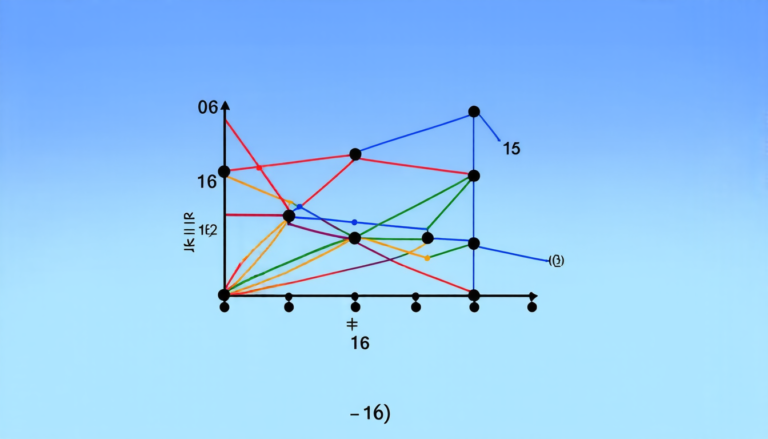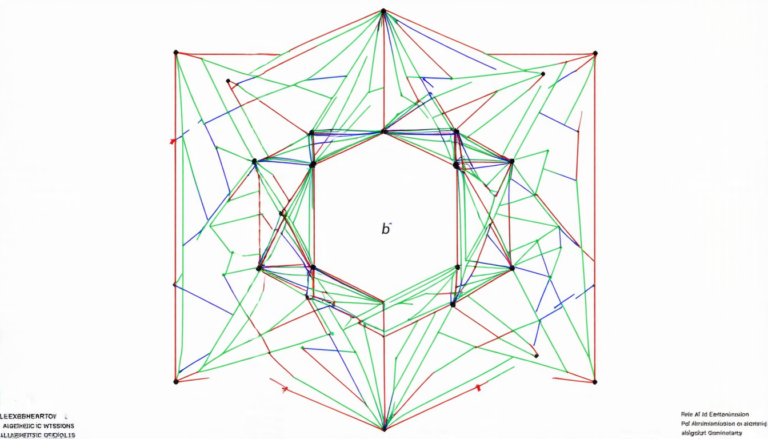Saturday 05 April 2025
The Fourier Transform, a fundamental tool in many fields of science and engineering, has been given a major upgrade. A new paper published by researchers at Ghent University and Queen Mary University of London introduces a novel approach to understanding and analyzing non-commutative spaces using the Fourier transform.
Non-commutative spaces are mathematical constructs that can be used to model complex systems in physics, quantum mechanics, and even finance. They’re essentially spaces where the usual rules of commutativity don’t apply – think of it like trying to do math with numbers that don’t behave nicely.
The traditional Fourier transform is a powerful tool for analyzing functions and signals in classical spaces. However, when dealing with non-commutative spaces, things get much more complicated. The new paper presents a novel approach to applying the Fourier transform to these spaces, allowing researchers to better understand and analyze complex systems.
One of the key innovations is the development of a new type of functional calculus, which enables the application of the Fourier transform to non-commutative spaces. This allows researchers to study properties like localization, compactness, and spectral theory in these spaces.
The implications are far-reaching. For physicists, this could lead to better understanding of quantum systems and their behavior. In finance, it could be used to develop more sophisticated models for analyzing and predicting market trends. And in other fields, it could enable new insights into complex systems and behaviors.
But what does this mean in practical terms? Let’s consider an example. Imagine you’re trying to analyze the behavior of a quantum particle in a magnetic field. The traditional Fourier transform wouldn’t be able to capture all the complexities of the system. However, with this new approach, researchers could use the Fourier transform to study the properties of the particle and its interactions with the magnetic field.
The paper also explores the connection between non-commutative spaces and quantum groups, which are mathematical structures that combine algebraic and geometric properties. This could lead to new insights into the behavior of particles at the quantum level.
Overall, this research represents a significant step forward in understanding and analyzing complex systems in non-commutative spaces. It has the potential to open up new avenues of research and application across a wide range of fields.
Cite this article: “Unlocking the Secrets of Quantum Group Fourier Analysis”, The Science Archive, 2025.
Fourier Transform, Non-Commutative Spaces, Quantum Mechanics, Mathematical Physics, Functional Calculus, Spectral Theory, Localization, Compactness, Quantum Groups, Complex Systems.







